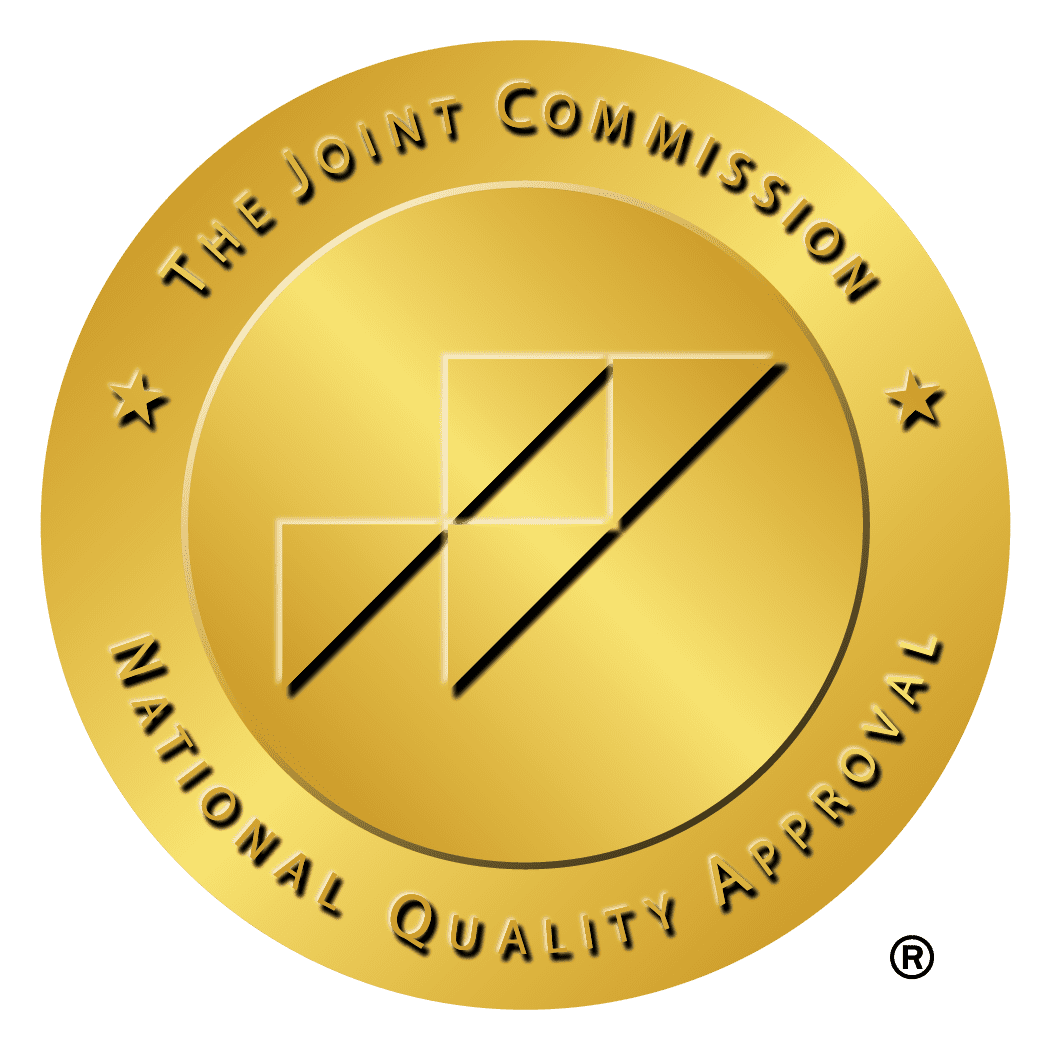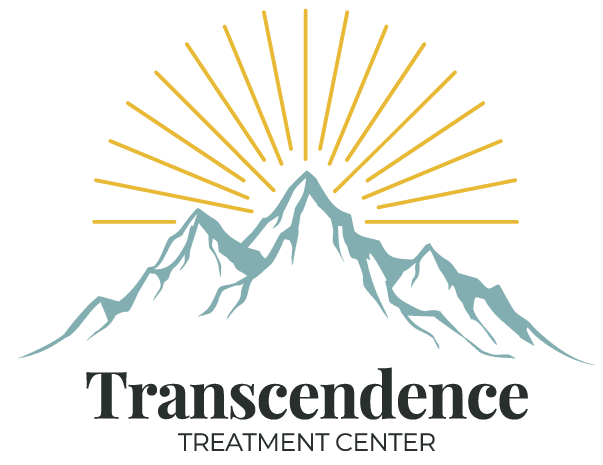If you have a loved one that suffered from addiction and has since passed away as a result of substance abuse, you may have found yourself in a whirlwind of emotions. We want to preface this by emphasizing that there is no ‘right’ way to grieve. You may feel angry, confused, sad, defeated, and everything in between. The onset of their addiction may be as sudden and as surprising as the news of their passing. Even while understanding that addiction poses a threat to life, it can be stunning to experience the unthinkable and we want to provide you as much support as possible while dealing with this grief. We’ve compiled some suggestions that help you better understand grief and how to deal with it, and we are so sorry for your loss.
Seven Stages of Grief
Grief is a non-linear process. While there are seven stages of grief, they are experienced differently by everyone and every day can feel different from the last.
You may experience:
Shock and Denial — not comprehending loss fully is very normal. Your brain may be unwilling to confront such pain or might be unable to process how sudden the news of their death is. Being stunned and in denial is often the first step after hearing news of someone’s passing.
Pain and Guilt — While it is easy to wonder if you could have helped prevent this death, asking these questions and ruminating on what-ifs are all hypotheticals at the end of the day. Allow yourself to experience these feelings of self-doubt, but also understand that you did your best with the resources you had in that moment. Addiction rehab is a complicated process that has nothing to do with you as a friend, family member, codependent, etc. and everything to do with the individual afflicted by addiction. Releasing guilt and pain is a lengthy process but it is part of the healing process nonetheless.
Anger and Bargaining — Grief can bring out anger even if you do not want it to. Feeling angry is normal and should be felt as deeply as you need to be. You may be frustrated that this person’s life had to end and it may feel especially unfair if you had tried everything in your power to help this person and they did not seem to take your advice. The truth of the matter is that regardless of how obvious the solutions of healing from alcohol/drug abuse may have been to you, addiction is a chronic disease with no one size fits all approach. Even with outside help from 12-step recovery programs or in-patient rehabilitation centers, recovery and sober living is a difficult task to accomplish and it’s possible they suffered more than you knew. Regardless, you are allowed to feel angry over the unfairness of the entire situation. Finding healthy ways to vent this anger is an important part of the healing process.
Depression, Loneliness, Reflection — Looking back on the good times with your loved one can invoke feelings of all kinds. You may be reminiscing on happy memories which also remind you of loss, sadness, and loneliness of the gap they have left behind. Keep in mind that you are still here, present, and powerful even when you may not feel like you are. There are various resources available to you (Transcendence Treatment Center included) and you are not alone in your situation.
Upward Turn — After some period of time, things may begin to feel a bit more normal again, taking a turn for the better even without your loved one by your side. These moments are to be celebrated since life keeps moving on. Remembering them in a loving and honorable way is important as you make adjustments to your life. Please keep in mind that turning for the better can often take a long time and can be accompanied by days that are lower too; the healing process is frustratingly non-linear and one particularly hard day does not mean you are not healing.
Reconstruction — Many situations in life are completely out of your control, but the way you respond and perceive these situations can be within your control. The reconstruction stage is all about analyzing what is “out of” vs. “in your” control as well as identifying ways you can better understand and view the situation for your healing process.
Acceptance and Hope — Finally coming to terms with loss is difficult, but understanding that ‘what once was’ is no longer allows you to be grateful for the moments you did have. This process is tedious and lengthy but we know you will eventually get there.
Everyone’s Timeline is Different
The timeline of healing from loss is not straightforward and can feel frustrating if you’re going back and forth between feelings of grief and hope day after day. Understanding that this timeline is long and not easy allows you to accept the good and the bad days for what they are. Grief also looks different for every person, this is especially true when it comes to their life circumstances and former experiences with grief. Try not to compare how you are healing compared to other people in your life. Comparison is often the thief of joy.
Do Not Let Anyone Rush Your Grieving Process
Due to the fact that grieving looks different for every person, it may be confusing to someone who heals quickly that you are still feeling sad. Regardless of their thoughts, we at Transcendence Treatment Center want to re-emphasize that there is no wrong or right way to grieve. If your timeline is longer than most, that is completely okay. No person should rush feelings that demand to be felt the way that grief does. We want you to allow yourself to feel everything as thoroughly as you can and give yourself the space to grieve. Suppressing feelings of grief only makes these feelings worse in the long run and these bad feelings can arise when you least expect them to or affect you on a subconscious level.
Share Your Grief — You Do Not Have to Suffer Alone
By nature, humans are social animals. Sharing your stories and experiences will allow you to talk through what you are feeling and make better sense of your situation. You may be able to make new resolutions while talking things out as well as receive helpful advice, new perspectives, and realizations that you are not as alone as you think you are. You may be surprised with what people have to offer you when you get vulnerable with sharing your grief. Whether you decide to talk things out with a trusted friend, family member, co-worker, or licensed counselor/therapist, sharing your grief is important and a great step towards reaching closure.
Talk About Feelings of Guilt, Regret, or Remorse
Feelings are better experienced out rather than in and it is very normal to have regrets after someone passes away. As humans, we tend to question what else we could have done and if these actions would have changed anything. Guilt is a heavy burden to bear which is why we want to further emphasize the fact that talking it out is a very beneficial practice. Guilt can hold you back from living your life as normal, and can often build up making you feel worse over time. Talking to a professional may be ideal if these feelings are particularly strong; there is pride in getting help when you need it.
Remember It Is Okay to Feel Happy and Have Fun
When you are amidst the stages of grief you may feel ‘off’ for feeling happy and having fun while simultaneously holding onto the burden of the loss of your loved one. You might convince yourself it’s not right to feel this way, yet the reality is you are supposed to have a life filled with happiness and fun even with their absence. We assure you that your loved one would prefer to see you having fantastic moments that are joy-filled even while they are not there. Feel the emotions that accompany you after loss, but also allow yourself to enjoy the positive ones; life is balanced in this way.
Remember the Good Times
Memories are a powerful tool and can invoke a variety of emotions. When someone passes due to issues related to drugs or alcohol abuse, it can be easy to ruminate on the last stages of their life when they were possibly a bit unlike themselves while deep in their addiction. We encourage you to remember the good times with them and appreciate all the positive memories you have with them, embracing the good nostalgia and expressing gratitude for these moments.
Do Something to Celebrate/Honor Their Memory
Honoring a loved one is a great way to help heal and remember them. There are so many unique ways to memorialize someone in a caring way. Some ideas are:
Partaking in activities that they loved
Making a donation to an organization they were passionate about
Creating a memorial, grant, or scholarship in their name
Completing their unfinished projects
Buying a piece of jewelry in their honor — could have their name on it or their ashes within it
Framing something they have made/written
Getting a tattoo in memory of them
Releasing butterflies with loved ones
Naming a star after them
Making a scrapbook of their life
Curating an online memorial
Adopting a park in their name
Keeping something of theirs in close proximity to you
Lighting a candle on their behalf/order a custom candle on their behalf
Holding an annual event/celebration of their life
Fall Back On Your Faith
Many times during loss individuals find peace in falling back on their faith and trusting in whichever God/deities they believe in to help them get through tough times. Turning to a higher power can provide a sense of relief, trust, and encouragement. Oftentimes, a congregation or community associated with this religion will also help throughout this healing process through thoughts, prayers, and general outreach. Even if you are not religious, many people can find solace in practices that may be similar to religion such as inspirational books, meditation, being in nature, volunteer work, so on and so forth. Taking some of the burdens off of your heart and into the hands of a higher source may be a great step in the right direction when it comes to healing.
—
Overall, healing is a tedious, lengthy, and uncomfortable process and we are so sorry for your loss. We hope you found these tips helpful and we want to offer ourselves as a resource for your healing. If you are located in the North Charleston area, we offer a support group for the friends and family of those suffering every Thursday from 6pm-7pm. This support group is entirely free and you can RSVP at [email protected].
If you or someone you know is struggling, Transcendence Treatment Center is also here for you in that regard. We can help you transcend to your new level of fulfillment and purpose, call us at 854-222-3773 for more information.



